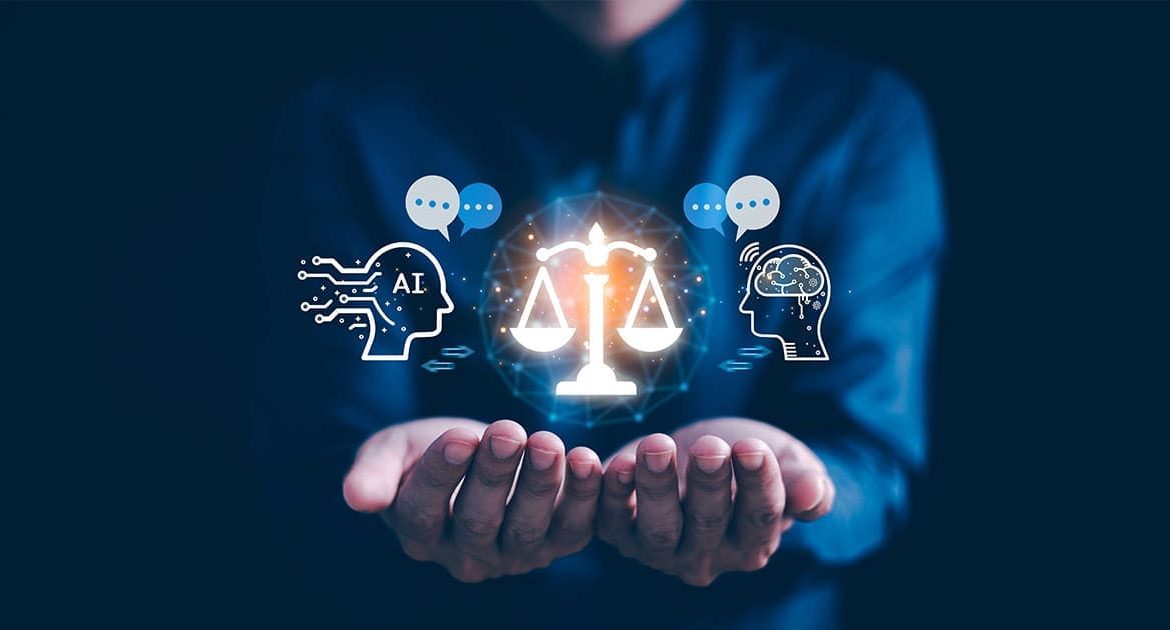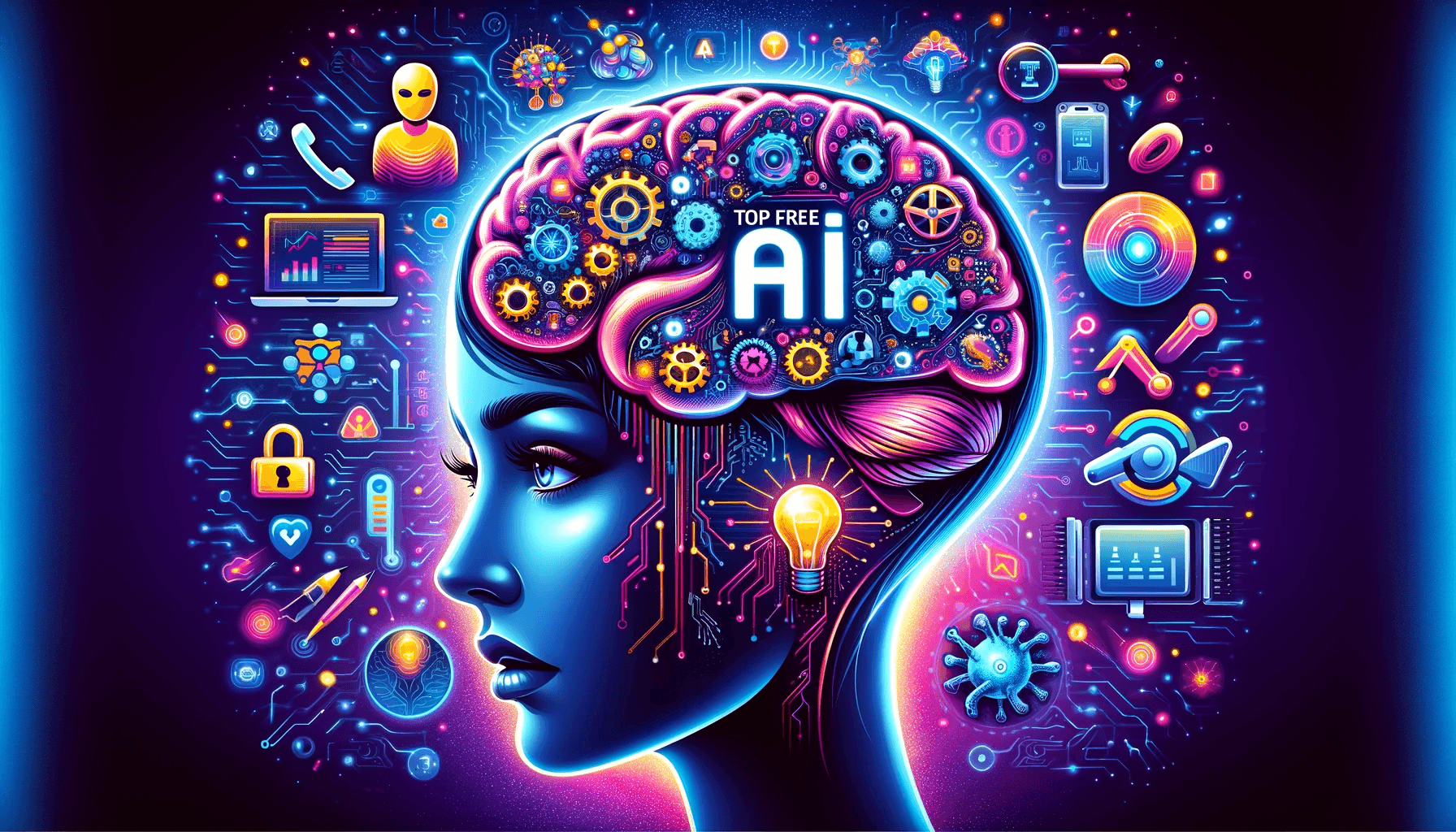Artificial Intelligence (AI) is playing a transformative role across industries, but its ethical applications are becoming equally important. Understanding how AI can be applied ethically helps organizations build trust and ensure responsible innovation.
What Are Applications of AI and Ethics?
Applications of AI and ethics involve using intelligent technologies in ways that prioritize fairness, transparency, accountability, privacy, and societal well-being. It focuses on developing AI systems that not only perform efficiently but also align with ethical guidelines and human values.
How AI and Ethics Work Together
Ethical AI applications are designed to minimize harm, avoid bias, and ensure inclusivity. AI systems are trained and monitored to make decisions that are explainable and justifiable. Ethical frameworks guide the design, deployment, and oversight of these systems to prevent misuse and unintended consequences.
Key Ethical AI Applications
Bias Detection: AI can be applied to identify and correct biases in hiring tools, credit scoring, and facial recognition systems to promote fairness.
Explainable AI: Creates models that provide clear, understandable reasons for their decisions, especially in sensitive areas like healthcare and law enforcement.
Data Privacy Protection: AI systems are developed with privacy-preserving techniques such as encryption and federated learning to protect personal data.
AI for Social Good: Used in projects addressing climate change, public health, disaster response, and other social challenges with ethical considerations in mind.
AI Governance: Establishes policies and controls to ensure responsible use, prevent unethical practices, and monitor AI’s impact on society.
Benefits of Ethical AI Applications
Ethical AI builds user trust, promotes fairness, encourages regulatory compliance, and supports long-term innovation. It helps businesses mitigate risks and ensures that AI serves humanity positively and responsibly.
Limitations to Keep in Mind
Applying AI ethically is complex and requires continuous monitoring. Ethical challenges may evolve as AI technologies advance. It also demands collaboration between technologists, ethicists, regulators, and the public.
Conclusion
Applying AI ethically is essential for sustainable growth and public trust. By prioritizing ethics in AI development and deployment, organizations can create intelligent solutions that are both effective and aligned with societal values.







Leave feedback about this